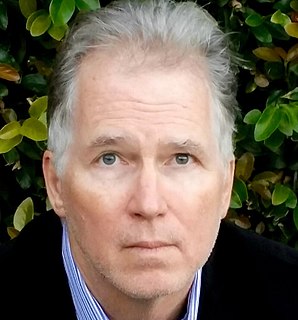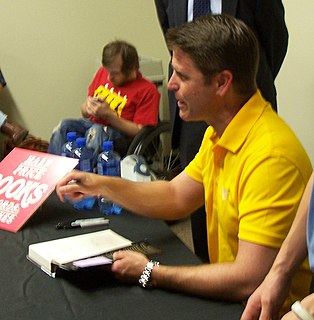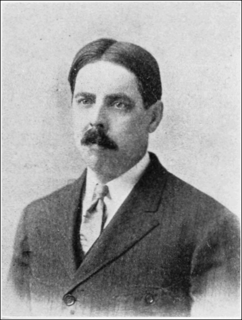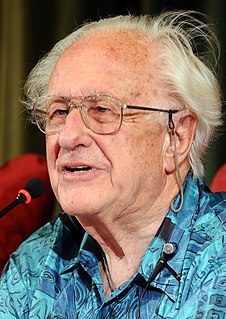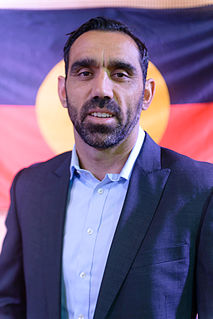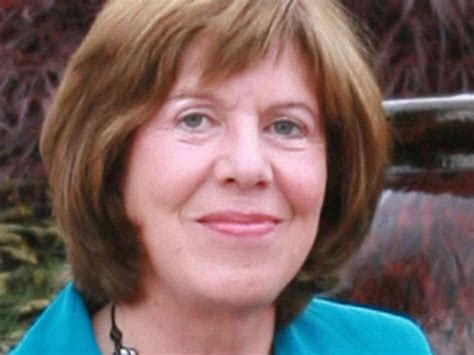A Quote by Steve Sailer
If you look across a host of measures at adoption studies, fraternal v. identical twin studies, twins-raised-apart studies, the history of early childhood intervention research, naturally-occurring experiments, differences between societies, changes over history, and so forth, you tend to come up with nature and nurture as being about equally important: maybe fifty-fifty. The glass is roughly half-full and half-empty.
Quote Topics
About
Across
Adoption
Apart
Being
Between
Changes
Childhood
Come
Come Up
Differences
Early
Early Childhood
Empty
Equally
Experiments
Fifty
Forth
Fraternal
Full
Glass
Half
History
Host
Identical
Identical Twin
Important
Intervention
Look
Maybe
Measures
Naturally
Nature
Nurture
Over
Raised
Research
Roughly
Societies
Studies
Tend
The History Of
Twin
Twins
Up
Related Quotes
There are, it has been said, two types of people in the world. There are those who, when presented with a glass that is exactly half full, say: this glass is half full. And then there are those who say: this glass is half empty. The world belongs, however, to those who can look at the glass and say: What's up with this glass? Excuse me? Excuse me? This is my glass? I don't think so. My glass was full! And it was a bigger glass! Who's been pinching my beer?
I have come across a dozen studies that shows that you get more phytonutrients and more minerals and vitamins from organic, but there are also studies that show that plants raised conventionally have more phytonutrients. And they trace it to the amount of nitrogen in the fertilizer used on conventional farms. The gold standard is choosing the most nutritious varieties and raising them organically, and that's what I recommend.
